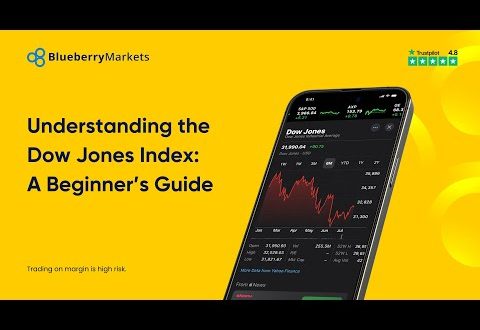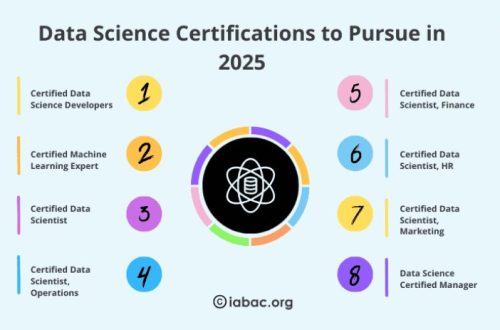Choosing a WordPress theme can feel like stepping into a candy store – so many options, so little time! It’s exciting, but also a little overwhelming․ You want something that looks great, of course, but also functions flawlessly and helps you achieve your website goals․ But where do you even begin? This guide will walk you through the key qualities to consider when selecting a WordPress theme, ensuring you find the perfect fit for your needs and create a website you’ll truly love․ Let’s dive in!
Essential Qualities: Finding the Right WordPress Theme
So, you’re on the hunt for the ultimate WordPress theme? Don’t just pick the prettiest one! There are several crucial qualities you need to consider to ensure your website is not only visually appealing but also functional, secure, and user-friendly․ Let’s break them down․
Responsiveness: A Key Quality in a WordPress Theme
In today’s mobile-first world, responsiveness is non-negotiable․ Your theme must look and function flawlessly on all devices, from desktops to tablets to smartphones․ Think about it: how frustrating is it to visit a website on your phone that’s all squished and hard to navigate? Don’t let that be your website! A responsive theme automatically adjusts its layout to fit the screen size, providing a seamless user experience for everyone․
How can you check if a theme is responsive? Most theme demos will allow you to resize your browser window to simulate different screen sizes․ Alternatively, use Google’s Mobile-Friendly Test tool․ It’s a quick and easy way to see how Google views your chosen theme on mobile devices․
Clean and Optimized Code: A Hidden Quality of a Good WordPress Theme
Underneath the pretty design, a well-coded theme is essential for performance and security․ Clean code means faster loading times, better SEO, and fewer vulnerabilities․ Think of it like the engine of a car – you might not see it, but it’s what makes everything run smoothly․
Here’s what to look for:
- Minimal use of plugins: Too many plugins can slow down your site․ A well-coded theme should minimize the need for extra plugins․
- Regular updates: A theme that’s actively maintained is more likely to be secure and compatible with the latest version of WordPress․
Tip: Check the theme developer’s website for information about coding standards and update frequency․ Look for themes that follow WordPress coding best practices․



